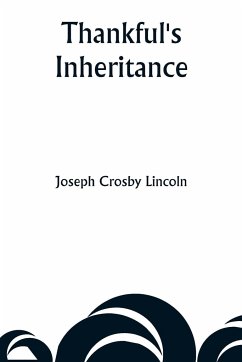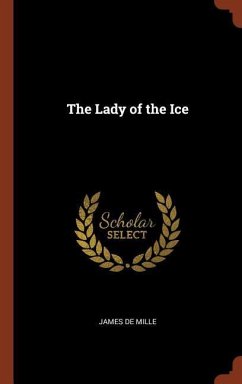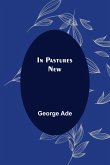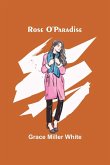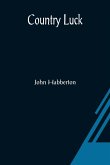Thankful's Inheritance, is a classical and a rare book, that has been considered important throughout the human history, and so that this work is never forgotten we at Alpha Editions have made efforts in its preservation by republishing this book in a modern format for present and future generations. This whole book has been reformatted, retyped and redesigned. These books are not made of scanned copies of their original work, and hence their text is clear and readable. This remarkable volume falls within the genres of Language and Literatures American and Canadian literature

